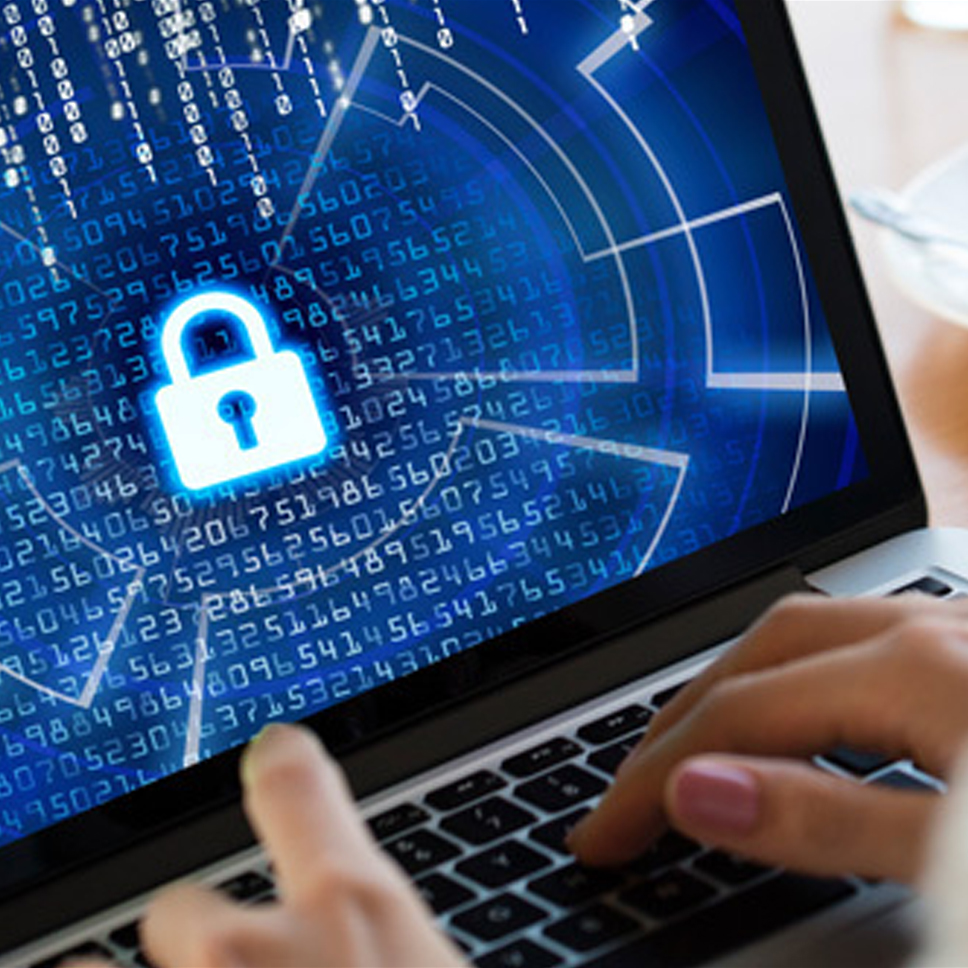3 tips for online security whilst working from home//

Over the last 12 months, we’ve all had to get used to working from home if we can. While it’s taken some of us longer to acclimatise, it has suited others down to the ground – sadly one section of society we’re certain it has suited, is those looking to take advantage of newfound security weaknesses within this new way of working. So, with working from home looking to be a reasonably long-term feature in our lives, we thought this would be an opportune time to share three top tips to help keep you secure online.
Tip One: Use a Password Manager
This won’t be the first time you’ve heard about the importance of a strong password and NOT using the same password multiple times – and yes we know it’s a headache to remember because every site has its own unique set of requirements (lowercase, uppercase, characters, numbers, length etc) ; which is why the digital gods created password managers.
Password managers like 1Password or LastPass can generate and keep all your passwords in one place. You can access them on any device and once they’re set up and stored you’ll never scrabble around for that scrap of paper, or post-it note ever again.
Using a password manager helps generate strong passwords. Each will be different and because they are generated using a mixture of numbers and symbols, they will be much more challenging to crack
Password managers will also tell you if your password has appeared on the open web from a data breach and alert you so you can change and update any affected account.
To benefit from all of this, all you have to do is remember one master password – that holds the keys to everything else.
Tip Two: Stay Up to Date
How many mornings have you seen that software update message on your device and thought that’s tomorrows problem? We all have. The reality is that much of the content of those updates are important bug and security patches based on testing and learning – and as such, are vital in stopping hackers or viruses from taking advantage of old software bugs.
Tip Three: Two Factor Authentication
There’s nothing quite like the feeling of knowing that your account is secure and harder for hackers to access because it needs a separate verification code as part of the log-in process. Well that’s two-factor authentication
It’s a good idea to turn on two-factor authentication on all your accounts – wherever possible.
The basic process is: you sign into your account and you receive a code on your phone, you enter this code into the log-in form to prove that you are the legitimate account holder . This is important because if you receive a code and you are not logging into your account, you know someone is trying their luck and it gives you the opportunity to investigate and find out what is going on.
This second line of defence means that even if someone has your password, they still won’t be able to log-in into your account.
In these uncertain times we don’t know what the future will bring, but taking the time to assess, and if necessary, increase the security of your online set up will pay dividends wherever you work from in the future.
Remember, stay safe at home… and stay safe online too.